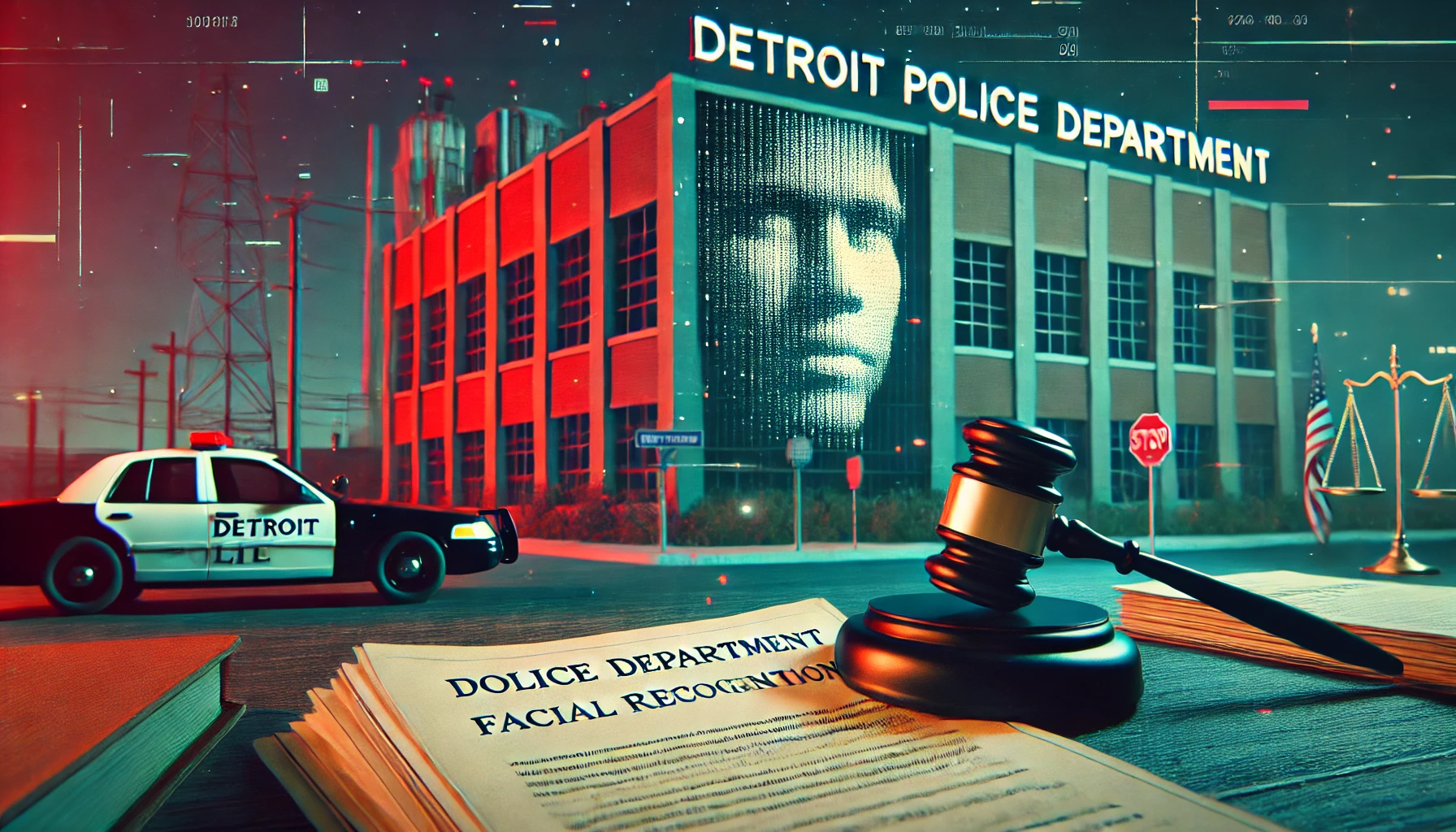Detroit police department reaches settlement in facial recognition case
The Detroit Police Department has settled a lawsuit filed by Robert Julian-Borchak Williams, a black man who was wrongfully arrested in January 2020 based on a flawed facial recognition match. As part of the settlement, the Detroit Police Department has agreed to implement new policies governing the use of facial recognition technology. They include: Prohibiting arrests based solely on facial recognition matches Requiring additional evidence beyond facial recognition before including a suspect in a photo lineup Mandating officer training on the limitations and risks of facial recognition technology Conducting an audit of all cases since 2017 where facial recognition was The post Detroit police department reaches settlement in facial recognition case appeared first on DailyAI.

The Detroit Police Department has settled a lawsuit filed by Robert Julian-Borchak Williams, a black man who was wrongfully arrested in January 2020 based on a flawed facial recognition match.
As part of the settlement, the Detroit Police Department has agreed to implement new policies governing the use of facial recognition technology.
They include:
- Prohibiting arrests based solely on facial recognition matches
- Requiring additional evidence beyond facial recognition before including a suspect in a photo lineup
- Mandating officer training on the limitations and risks of facial recognition technology
- Conducting an audit of all cases since 2017 where facial recognition was used to obtain an arrest warrant
The incident began in October 2018 when a man shoplifted five watches from a Shinola store in Detroit.
Investigators used a still image from the store’s surveillance video. They ran it through the Detroit Police Department’s facial recognition system, incorrectly matching the suspect to Williams’ driver’s license photo.
Despite the clear differences between Williams and the suspect, investigators proceeded with the arrest.
During interrogation, Williams held the surveillance image next to his face, asking the detectives, “You think all Black men look alike?”
The detectives eventually acknowledged the mistake, with one admitting, “I guess the computer got it wrong.”
Williams spent some 30 hours in jail and has since struggled with the emotional trauma of the experience.
“My wife and young daughters had to watch helplessly as I was arrested for a crime I didn’t commit and by the time I got home from jail, I had already missed my youngest losing her first tooth and my eldest couldn’t even bear to look at my picture. Even now, years later, it still brings them to tears when they think about it,” Williams said.
“The scariest part is that what happened to me could have happened to anyone.”
A vital first step
The American Civil Liberties Union (ACLU), representing Williams in the lawsuit, hailed the settlement as a noteworthy step towards greater accountability and oversight in facial recognition technology.
The organization explained that the new policies are among the strictest in the nation and should serve as a model for other law enforcement agencies.
The settlement also includes a $1,000 payment to Williams, who spent 30 hours in jail and suffered emotional distress as a result of the wrongful arrest.
Studies have consistently shown that these systems are more likely to misidentify people of color, particularly Black individuals, than white people.
This bias can be attributed to factors such as the lack of diversity in the datasets used to train facial recognition algorithms and the technology’s inherent limitations.
AI-powered policing is increasing, including AI surveillance in public spaces, such as the deployment of live facial recognition cameras by UK police.
The settlement reached by the Detroit Police Department in the Robert Julian-Borchak Williams case is only a first step.
Comprehensive regulation and oversight of facial recognition technology at the federal level are necessary to ensure that these systems are used responsibly, especially when the risk of bias is at its highest.
The post Detroit police department reaches settlement in facial recognition case appeared first on DailyAI.























